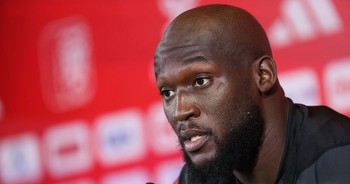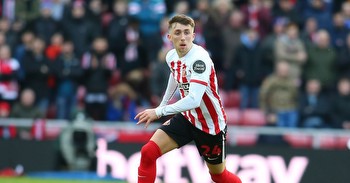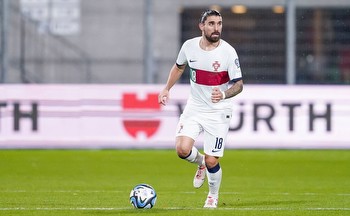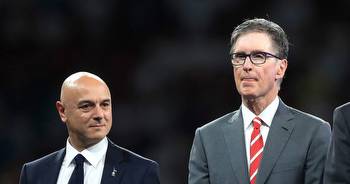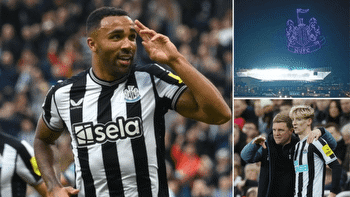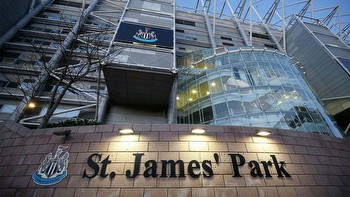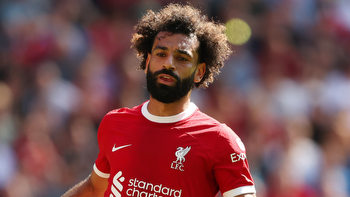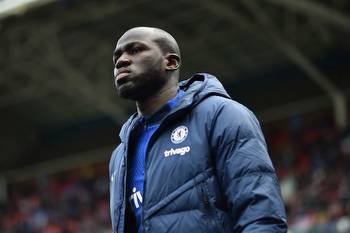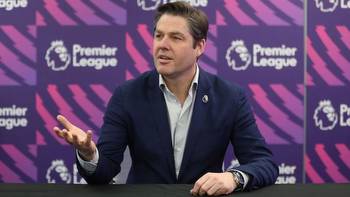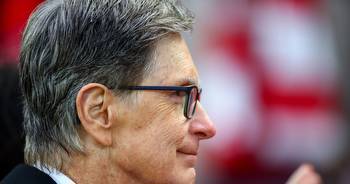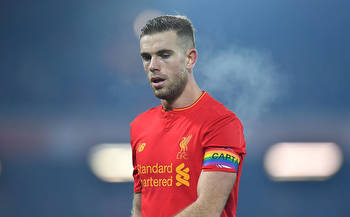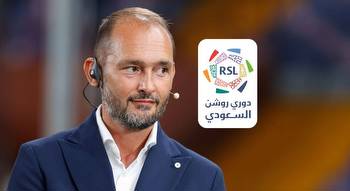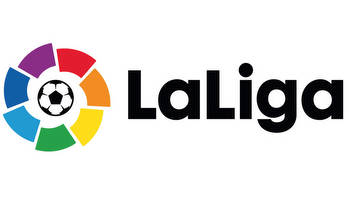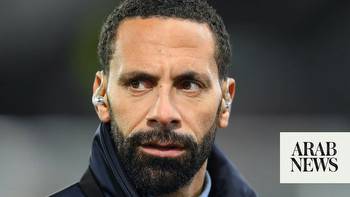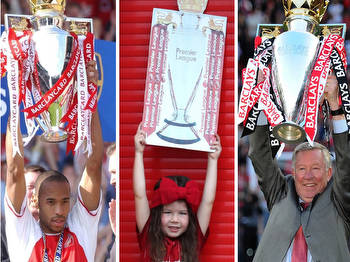Opportunities, threats, and the future state of football
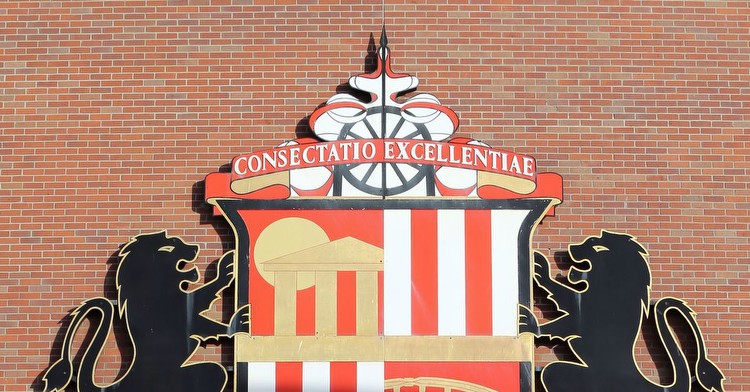
As the footballing landscape continues to change, it’s essential that Sunderland AFC continues to evolve, or risk getting left behind, writes David Holloway.
Photo by Ian Horrocks/Sunderland AFC via Getty Images,
Life and football can move quickly, and events this summer have led to a shift in the landscape which will have repercussions for clubs and supporters for years to come, including Sunderland AFC.
The money injected into the Saudi Arabian league is eye watering and follows hot on the heels of state ownership of football clubs becoming normalised. There’ll be plenty more to come from that league and from elsewhere, without a doubt.
It’s not just the state ownership of football clubs but state-owned companies injecting tens of millions of pounds of sponsorship into the game each year which is driving the change.
Those providers of finance will demand that their views on the future of the game are heard and will want their influence to be felt. That’ll lead to the game as we know almost certainly changing from what it is now.
The Saudi league has risen to prominence almost overnight.
It was in January of this year when it was assumed that Cristiano Ronaldo was off to Saudi Arabia in a fit of pique after the humiliation of becoming a bit-part player at Manchester United.
Who would’ve thought that he would be joined by the likes of Karim Benzema, N’Golo Kante and Ruben Neves - a player at his peak of his career? Who would’ve thought that Jordan Henderson’s decision to move clubs would be more controversial for moral reasons than it was for footballing ones?
Henderson still has plenty to give and could’ve joined any league in the world, yet he’s joined a mid-table club in a developing league with attendances which would be fairly average in League Two.
His motives are clear and for professional footballers it’s the money which counts. It always has and always does, at every level. Indeed, listen to any episode of Under The Cosh, and you’ll hear that.
However, in the case of Henderson and others who have more money than they’ll ever need, it’s a sad fact that untold wealth trumps the sporting challenge, but a fact it is.
From the perspective of a club, the availability and supply of finance and its links to success have always determined its on-field strength.
Liverpool and Manchester United in the 1980’s and 1990’s had the biggest attendances – when that was the main source of funding – and therefore usually had the best teams. It’s a shame that when it was our turn to dominate financially in the 1950’s, we failed, but that’s Sunderland.
The first team to ‘buy the league’ in the modern era was Blackburn Rovers, who were followed by Chelsea.
Rovers’ success at the top didn’t last and it ended with the passing of their benefactor, but it set the tone for others to try and buy their way into the Premier League and for those already there to try and buy their position in the table. We tried this sad game for ten years with limited amount of joy.
It’s been many years since each city or town’s football team’s purpose was to compete against another team from another city or town, not least because the stakes and the purpose for the owners and sponsors have increased far beyond it, and media TV and prize money has seen to that.
Given the competitive nature of certain states, whether that be Saudi Arabia, Qatar, the UAE or the USA, who’d bet against another league trying to emulate what the Saudis have done this year?
Other states will surely acquire or fund clubs in the same way as Qatar, Saudi Arabia and the UAE have done. Multi-club ownership by these states is also commonplace and will be extended. That’s already become a test for the regulators; it’ll become more so, and I wonder who’ll win that power game.
In the future, it’s likely that subscription-based TV deals will become the norm with the big clubs taking the lion’s share.
Amazon are already here, Apple and Netflix will surely follow, and that’ll only extend the global nature of the game.
Football financing is facing its biggest change since the inception of the Premier League in 1992, and as was the case back then, there’ll be winners and losers, but the gap is now much wider and the stakes ever higher.
For years, there’s been talk of certain Premier League games being played overseas. The argument resurfaced this week with US representatives floating the idea, and pressure for that to happen will surely grow.
The globalisation of the game demands that the main players take the biggest share.
The natural conclusion of that is that they’ll want to compete against each other more often, and so a ‘European’ or ‘World League’ feels like the inevitable conclusion.
At the moment, you might think that none of this will have an impact on Sunderland AFC.
After all, we’re in the second tier with no prospect of European football, although Premier League football should be attainable in the next three years and that’s the stated plan.
The Championship is a highly competitive and a fun league to be in.
Football is traditionally territorial and parochial in nature, and the Championship and EFL in general thrives off that. The strength of football in this country is partly down to the success of the Premier League, but it’s also because we have well over one hundred full time professional clubs, something that’s unique in European and world football.
It’s to be hoped that there’ll always be a demand for that, and at the moment it feels like we’re at the forefront of that movement, with huge home and away followings.
The Championship has a good profile and plenty of TV exposure, but it isn’t promoted to the same degree as the Premier League.
This is evident even in our own region, with local media and representatives of national media outlets providing scant coverage. Given the level of supporter interest in our club, that’s frankly a disgrace, but the agenda is clear and is set by the paymasters of the representatives who are on the ground.
It’s obvious which clubs the media are keen to see succeed and who they’re content to be bystanders.
All of this means that Sunderland needs to be the very best that it can be if we’re to maintain and generate more support. We can’t and won’t win on profile and glamour, nor on global appeal.
Those things may not matter to the parochial or traditional amongst us, or to those who revel in supporting the underdog, but the world is changing and changing fast as the media drives everything and we’re nowhere to be seen.
It’s difficult to know how hard the club courts the media but it feels like they’re fairly detached. Would anything change if that were any different? Probably not in this region.
That’s what makes this summer’s failures in the commercial department so hard to take and to fathom.
Sunderland must make every effort to be the best. Tickets should be extensively promoted and easy to buy, and everything we do should be driven by quality- whether that’s the pies, the beer, the corporate department or the kit and retail. The fan experience at all levels must be of the highest standard.
Representatives of the club need to be active in the community: in schools, at Russell Foster League games and every relevant business networking event.
It must be more open, more accessible and should look to reach far beyond the city boundaries. We used to be the dominant club in County Durham, but Sunderland is now absent from its traditional heartlands and it shows.
There’s no excuse for this, as it’s what the club was built on.
‘The caring club’, ‘the community club’, ‘the family club’, or as Sir Bob Murray called it, ‘the better club’ must replicate its on-pitch progress in all areas off it.
Given the changes in the game, both on our doorstep and globally, the next couple of years are vital to our future, and the importance of the work which is needed can’t be understated.
It needs to start now before it’s too late.

